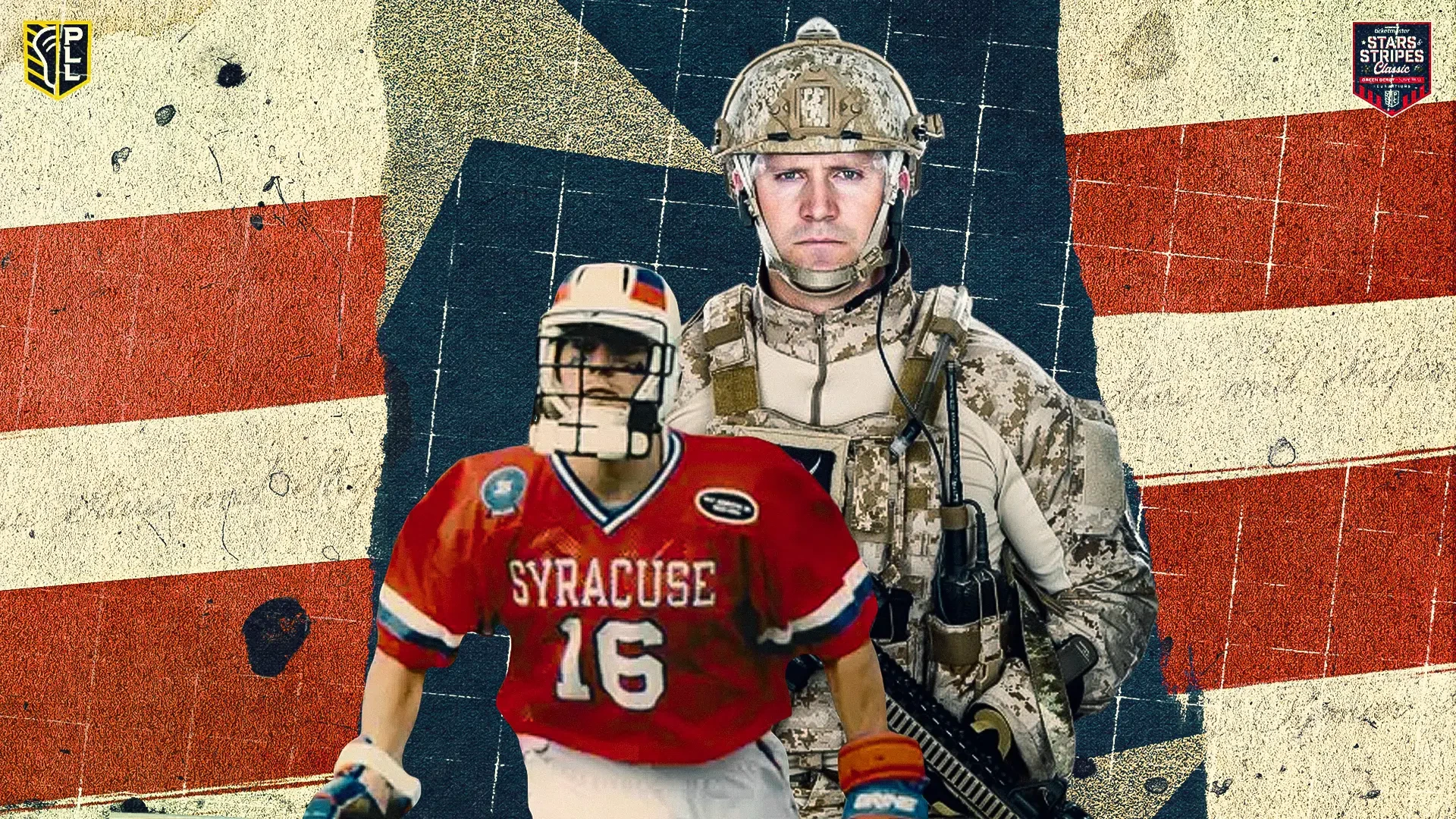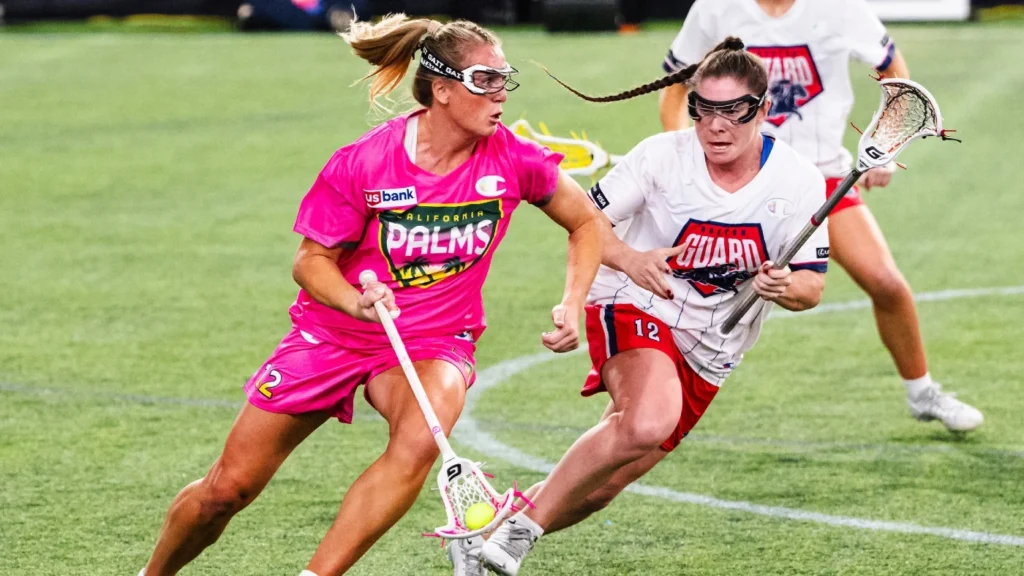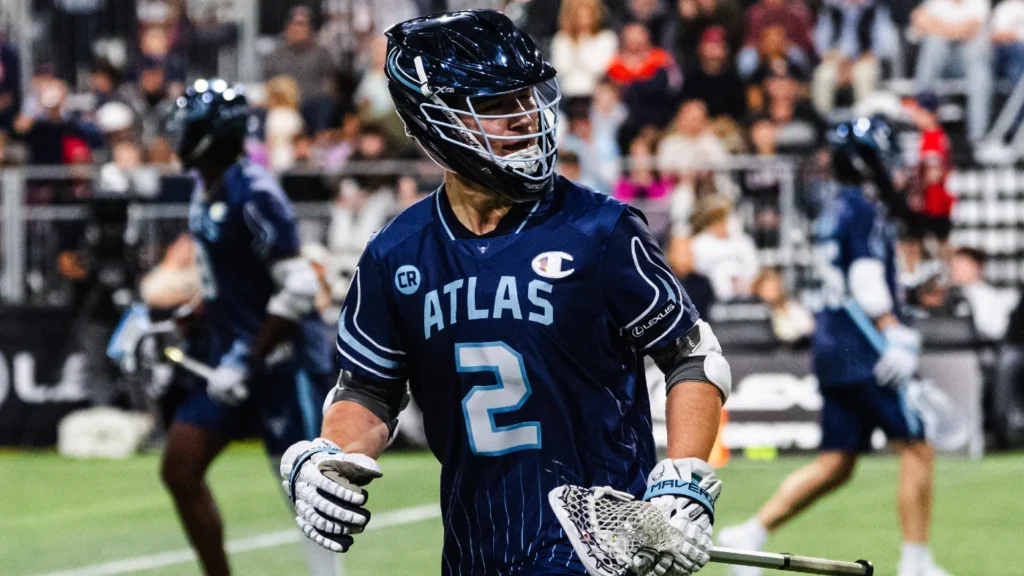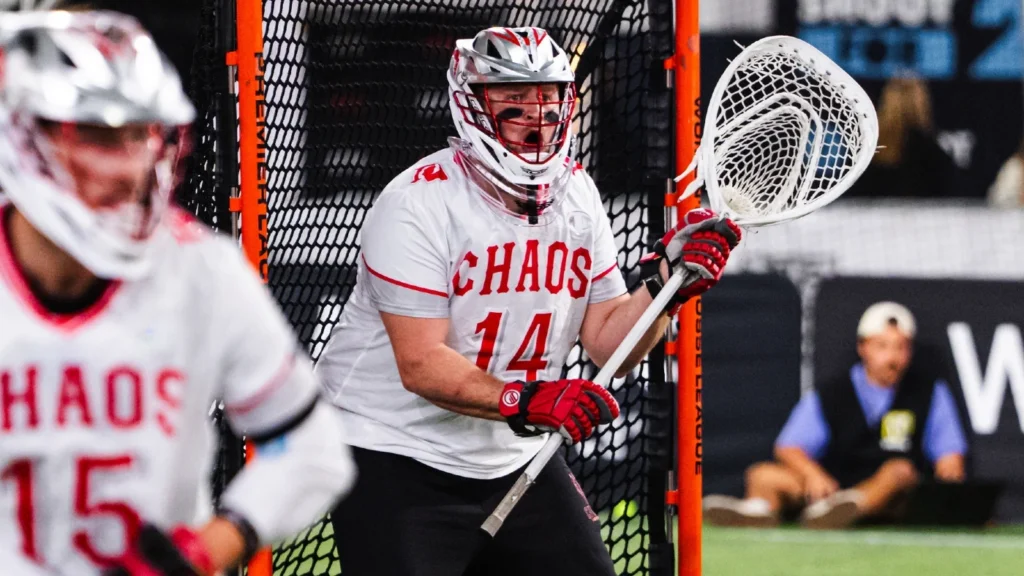During Denver’s senior year at Syracuse, his dad Tom sent him a copy of Winston Churchill’s autobiography “My Early Life,” combining Denver’s love for reading and history. Months away from graduating with a Fine Arts degree, Denver was unsure about what would come next for him. Then Churchill chimed in.
“That book, something about Churchill’s upbringing in seeking adventure and the idea of, if you’re going to be a statesman of a country, that military service would be pretty hard to duck or not be a part of to learn and cut your teeth … and really test leadership in that way,” Denver said.
After that, Denver couldn’t find a ton to read on the Navy, but what he did find on the Navy SEALs’ use of the ocean as a battleground intrigued him, having played water polo extensively throughout high school. And reading that about 75% of people fail Basic Underwater Demolition/SEAL (BUD/S) training sealed the deal. He would enlist in the military.
“That’s the type of place I want to be. I love the hardest place I can go,” Denver said. “I want to earn my seat at the table.”
He did. After graduating, Denver joined the U.S. Navy and passed BUD/S training. He became a commander, ran every phase of training for the U.S. Navy SEALs and led special-forces missions in the Middle East, Africa and Latin America, among other locations. He was an assault team leader for over 200 combat missions and awarded the Bronze Star with “V” for valor and heroism in combat. Reflecting on 20 years of service, he credited his water polo and lacrosse backgrounds for helping prepare him for the harder run and swim tests to come.
Lacrosse, Denver said, “is combat.” It reflected that of his military team in that the sport, too, has specialists. “But when the whistle blows, all 10 of those guys need to come together and work in unison to win a contest. A special operations unit is the same,” he said.
Denver started as a short-stick defensive midfielder before transitioning to a long pole at Syracuse. He played every game from his sophomore season on, mainly as a long-stick midfielder. By his final season in 1995, the kid from California — who first picked up a stick his sophomore year of high school and only ever played club because Los Altos HS did not yet have a varsity team — was a captain. By his final season, the kid from California — who made such a splash at Syracuse summer camp as a high school junior that he had legendary coach Roy Simmons asking, “You’re from where?” — was a two-time national champion (1993, 1995), driven by competition and the need to succeed.
“He would die before he quit,” Colsey said.
“He was a soldier long before he ever became a Navy SEAL.”
When Denver arrived at Syracuse for his official visit in 1992, Simmons assigned him to bunk with Colsey, who was one year Denver’s elder. Both said their distaste for alcohol made them a fitting pair for a recruitment visit, and Simmons knew that. Denver and Colsey learned how much they had in common and “found friendship from that first weekend,” Colsey said. They’ve been “thick as thieves” since, Denver said.
After Denver enrolled at Syracuse, the two did more than weight train together and demand the best from one another at practice. They would also fish and, in the winter, snowboard regularly at a local mountain until the lights turned off. Starting Denver’s freshman year and Colsey’s sophomore year, Denver would go home with Colsey to Yorktown Heights, N.Y. — roughly a four-hour drive south of Syracuse — for Thanksgiving.
On one of those trips, Denver and Colsey were playing basketball when Denver rolled his ankle. After Thanksgiving dinner the next day, the Colsey family prepared for their annual walk, telling Denver and his swollen joint to stay resting at home. “He was like, “F— that,” Colsey said. Denver wasn’t going to be the guy that stayed on the couch. He limped 1.5 miles with the Colsey family down to the local high school and back.
“His ankle blew up to the size of a volleyball, but he wouldn’t miss the walk,” Colsey said. “He didn’t want someone to think he wasn’t tough enough. That’s him. You can’t fake that, when you’re that intense. With Rorke, it’s a genuine passion for competing.”
It’s a vigor Denver says Colsey possesses, too. It’s what propelled their friendship.
In the Carrier Dome on that 1990-something day before practice, Denver and Colsey were friends. After their “epic scrap,” as Colsey called it, they were “inseparable.”
“Legitimately the hardest times I’ve gotten hit in the head, it wasn’t from the SEAL teams; it was from Roy Colsey,” Denver said. “I hope I gave him the same back.”
“I haven’t had as many fights when I was hit in the head as many times as I was in that instance,” Colsey said.
Denver is an honorary captain in the 2025 PLL Stars and Stripes Classic, an exhibition game between Green Beret and Navy SEAL veterans played ahead of the semifinals in Philadelphia on Sept. 1. At Subaru Park, Denver is looking forward to again being on an elite team.
“Seeing a team come together, fight together, build together, share the highs and lows, the good and bad and committing yourself to something that’s bigger than the parts,” Denver said. “When you played at Syracuse, coach was pretty serious that the ‘S’ on your helmet was bigger than the name on your back because you only have the ‘S’ for a little while. When you’re on the SEAL teams, that SEAL insignia is like a rental; you’re just there hoping not to screw it up. You want to be there and add honor and integrity and fire to it as opposed to take from it.
“That’s what I enjoy: Being on a team like Syracuse and then being on the SEAL teams, you have to fight pretty hard to find two teams that are operating at a higher level than those are in their discipline. To be able to have done that twice in my life, it’s an honor.”
Disclaimer: The Department of Defense and its component departments do not endorse any non-federal entity, product, or service involved at this event. Appearance of any DoD resources or personnel at this event does not imply endorsement of any non-federal entity involved.
